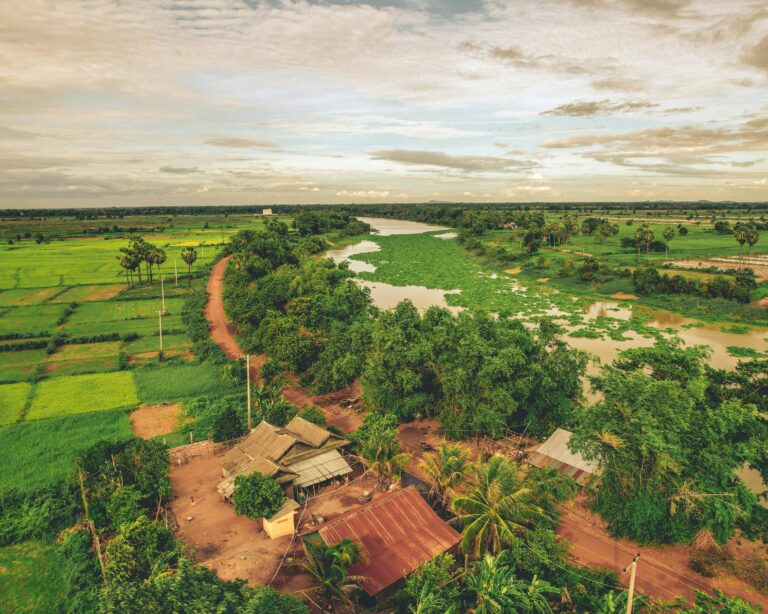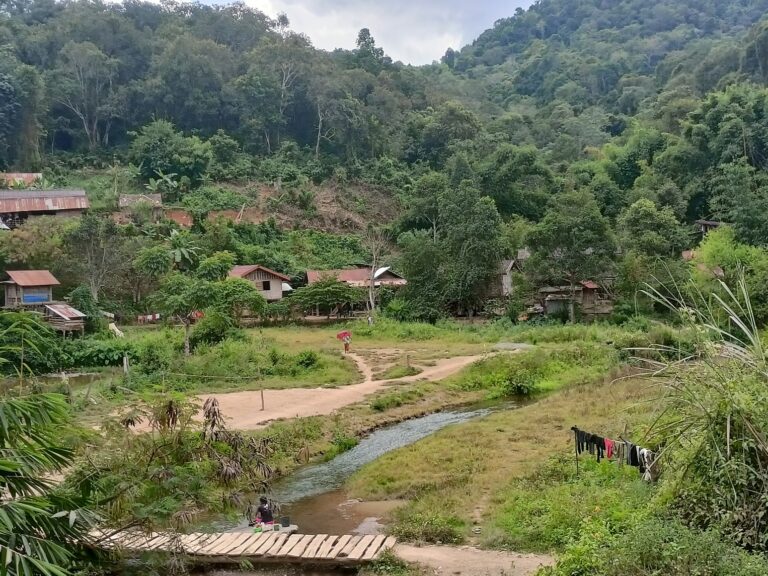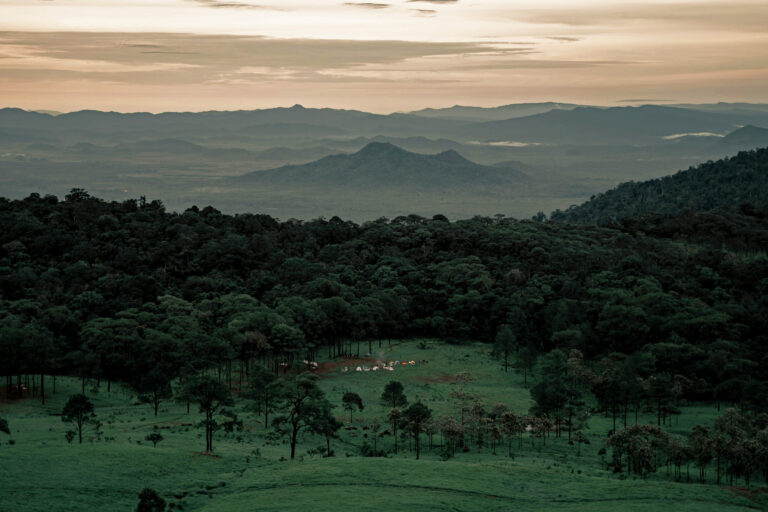Project Description
Healthy ecosystems are essential for climate-resilient landscapes, providing communities with food, water, clean air, income, and recreation. To strengthen this ecological infrastructure, the ADB-funded Knowledge and Support Technical Assistance project promoted nature-based solutions (NbS) like forest restoration, agroecology, and agroforestry. These approaches aimed to integrate ecological principles into productive landscapes, offering alternatives to grey infrastructure for addressing environmental challenges such as flooding and soil erosion. The project worked across Cambodia, Myanmar, and the Philippines to embed restoration into multi-scale landscape planning and demonstrate the benefits of resilient ecosystems.
Objectives, Activities, and Results
The project supported three key outputs: promoting agroecological restoration, enhancing climate-resilient agricultural livelihoods, and increasing regional knowledge. National restoration profiles and spatial mapping were developed in all three countries. In Cambodia and the Philippines, watershed vulnerability assessments, adaptation option analysis, and demonstration of restoration activities were implemented with local communities. High-tech tools supported planning and monitoring. Key outputs included: (1) a manual on biodiverse forest and landscape restoration; (2) a community-based climate adaptation manual; (3) a practitioner’s guide to agroecological restoration; and (4) a web-based GIS platform hosting restoration maps and knowledge products. These contributions supported future scaling of restoration investments across Southeast Asia.



